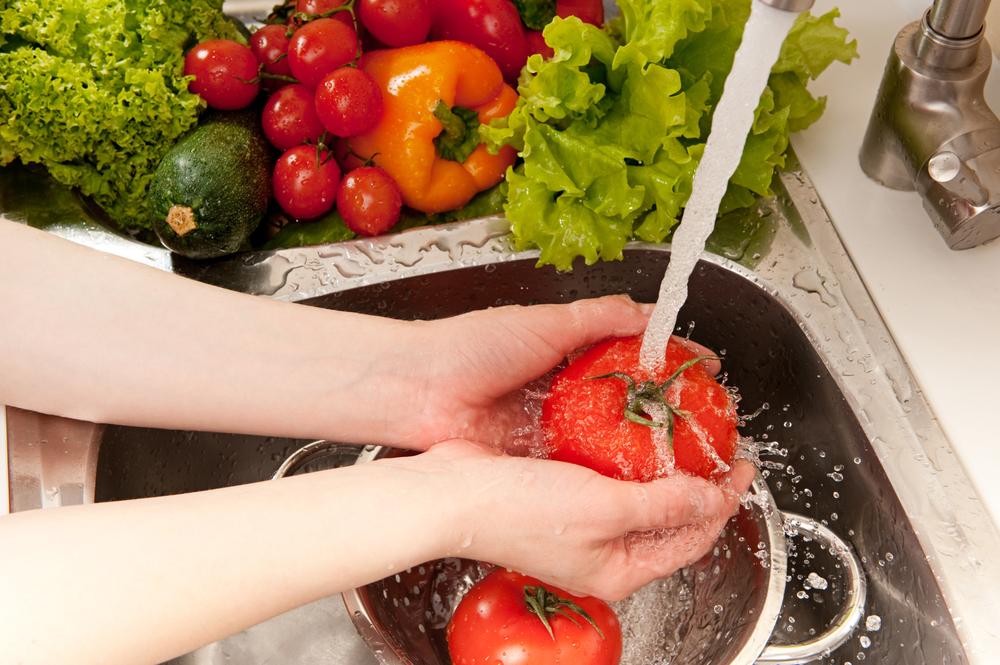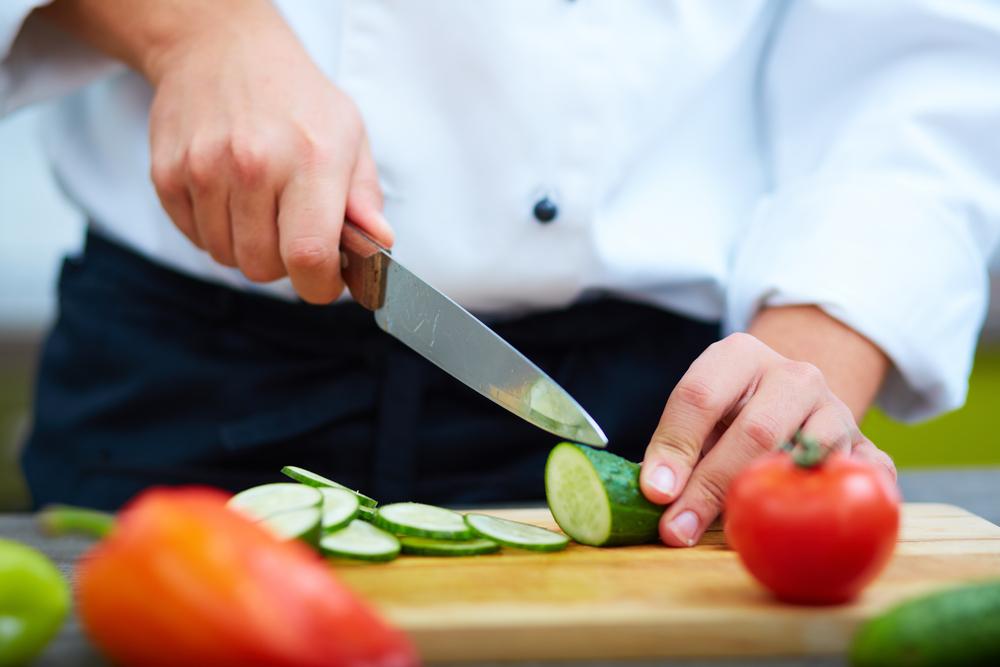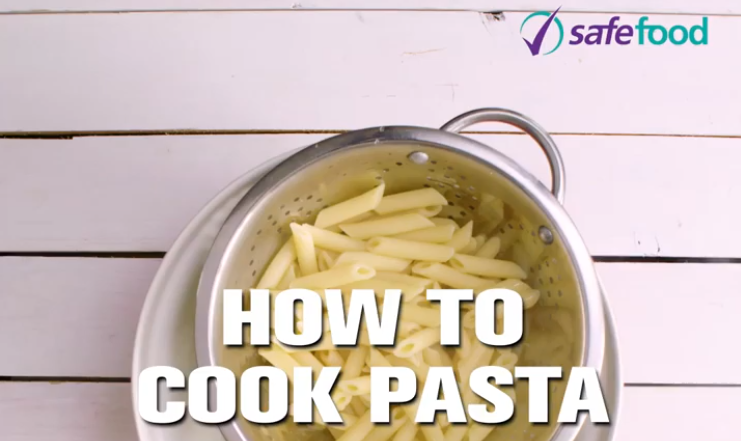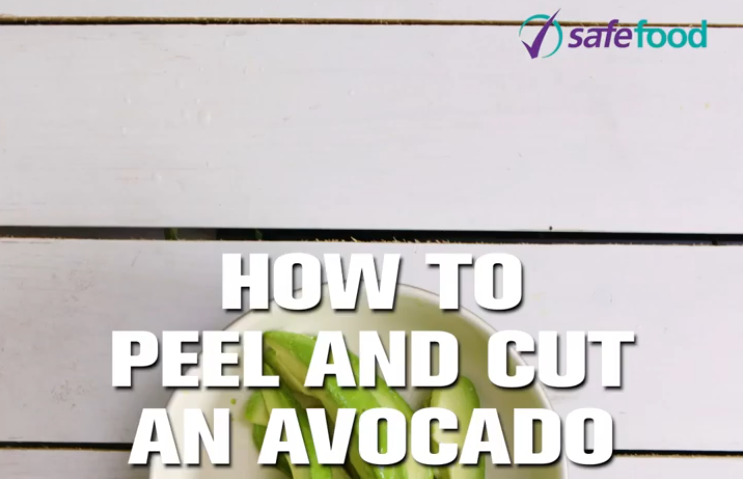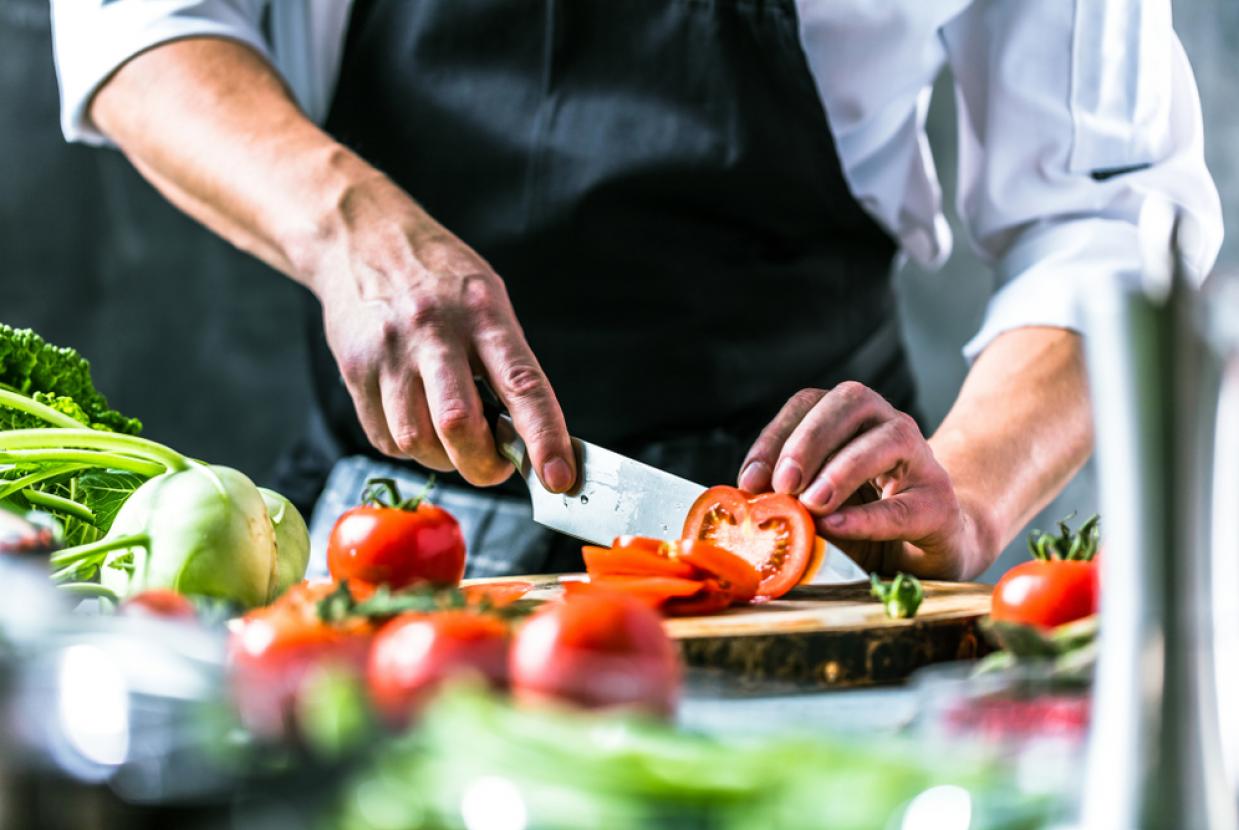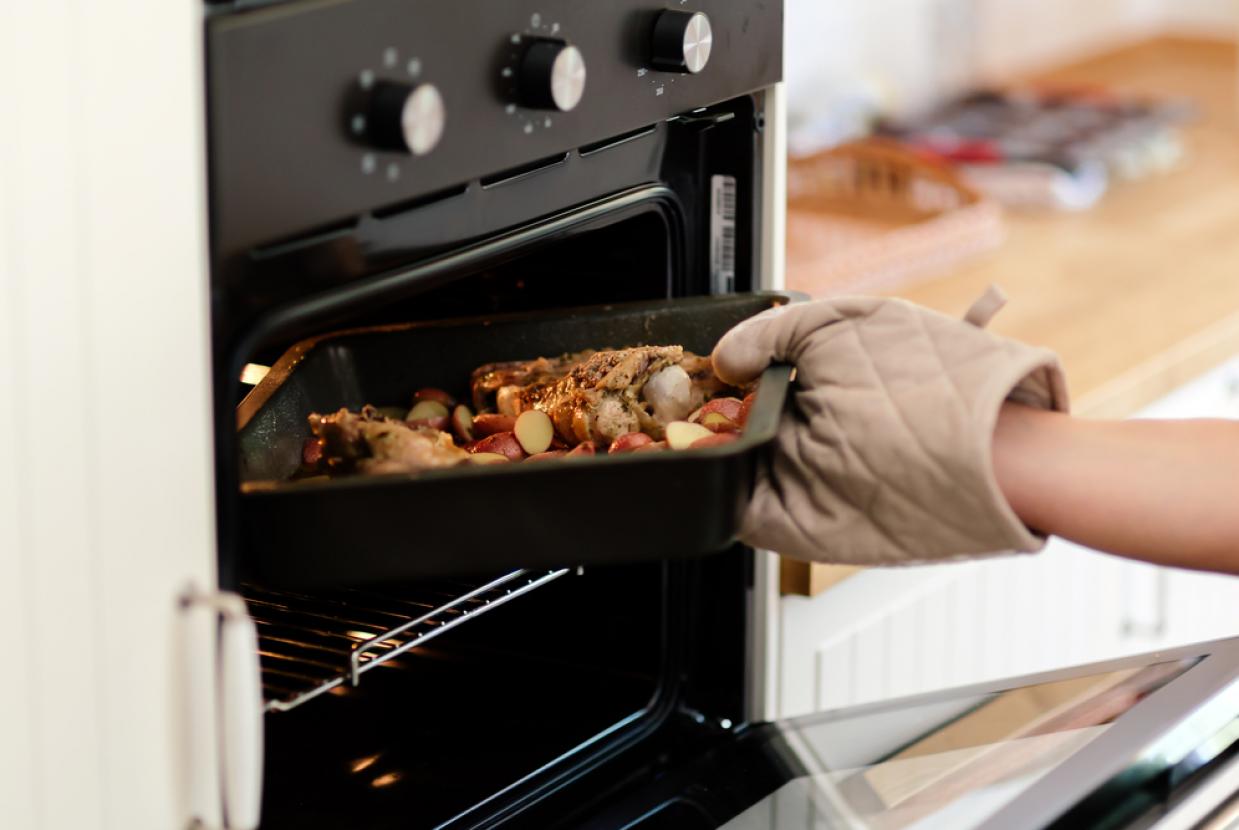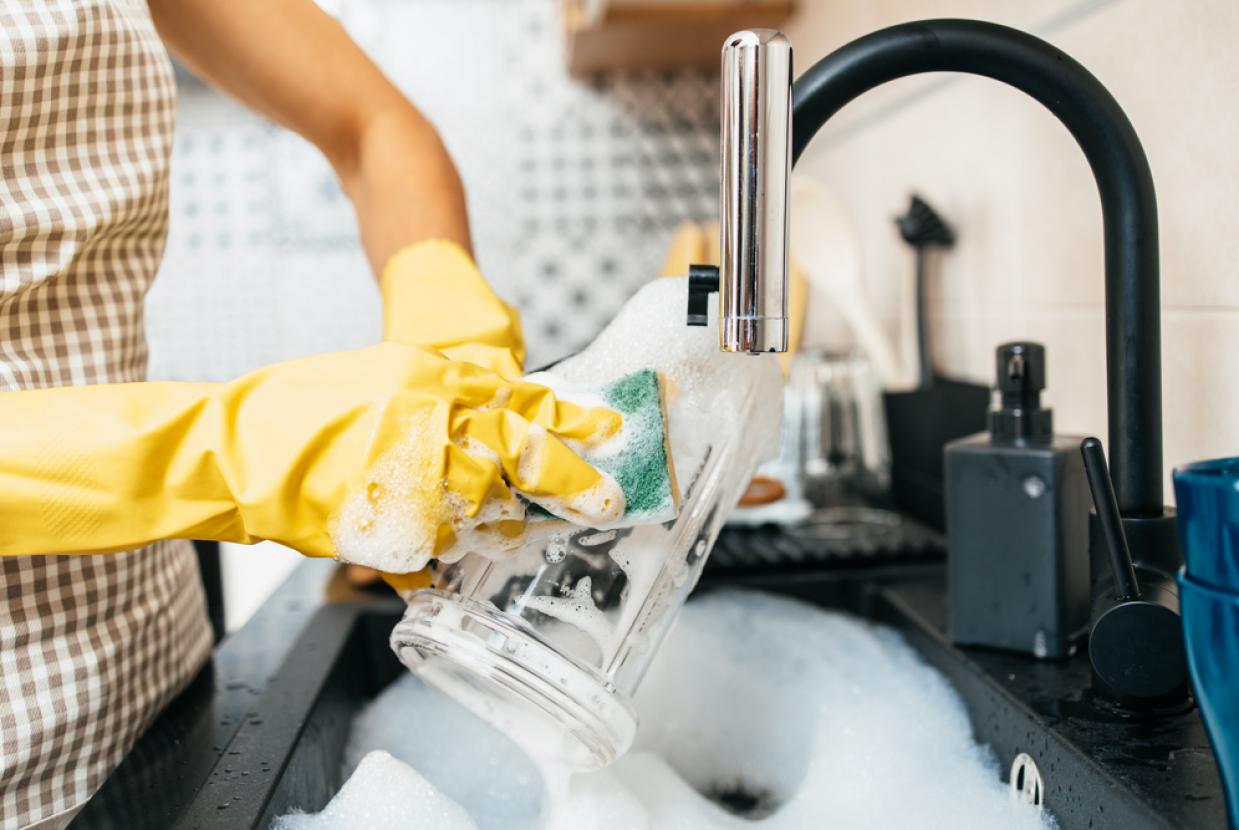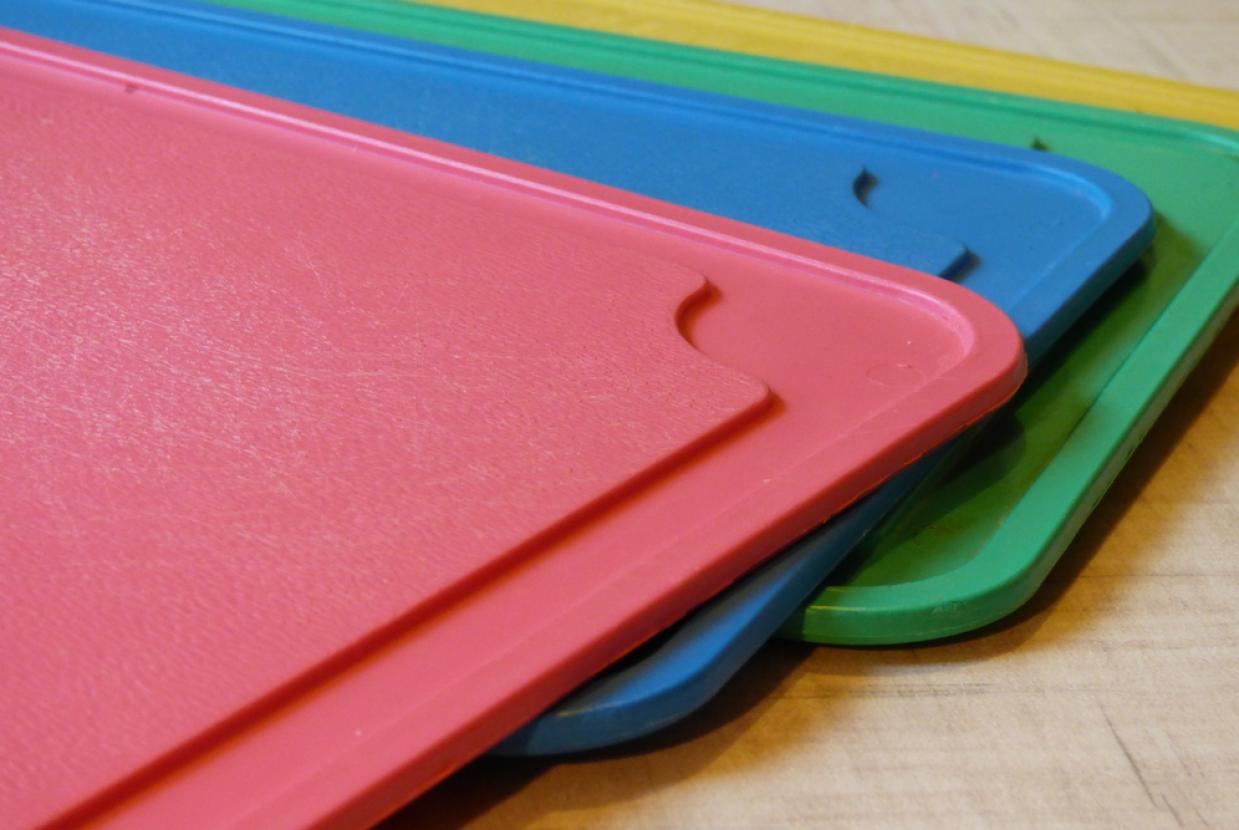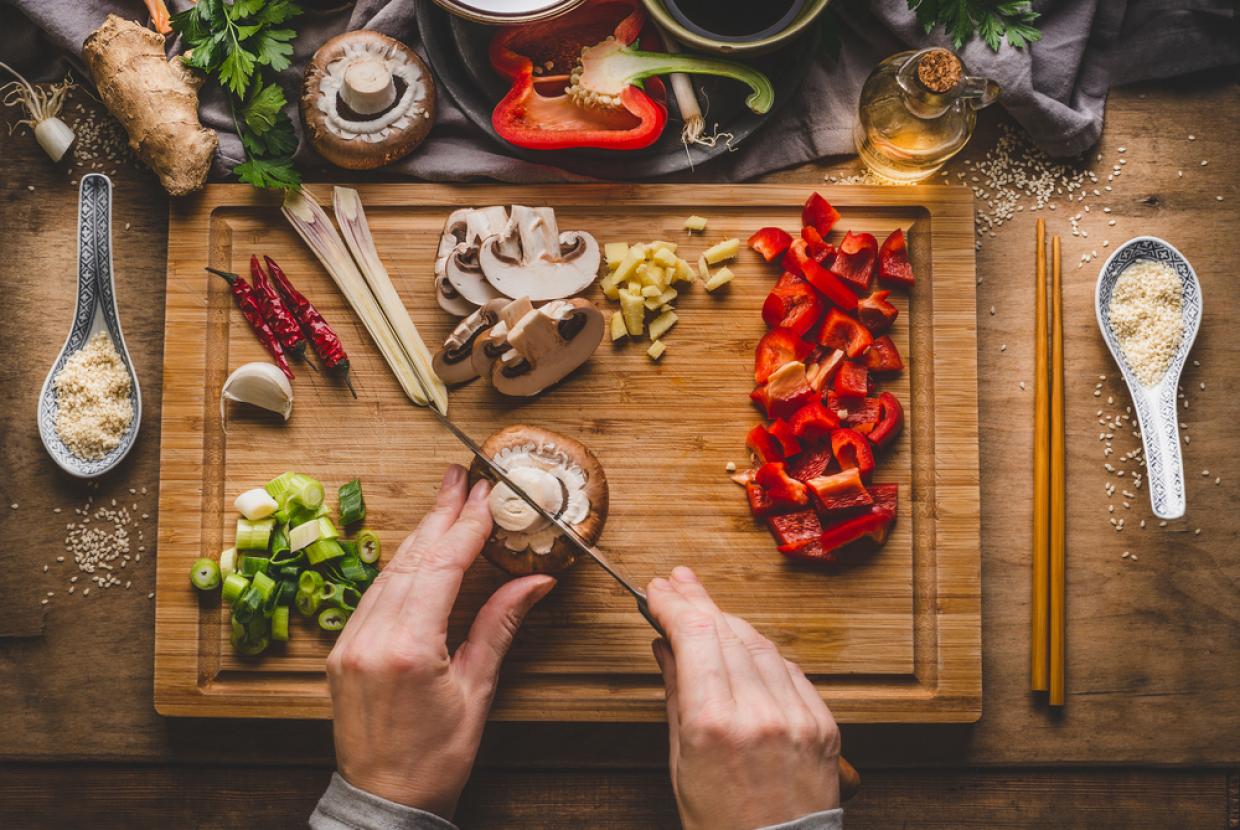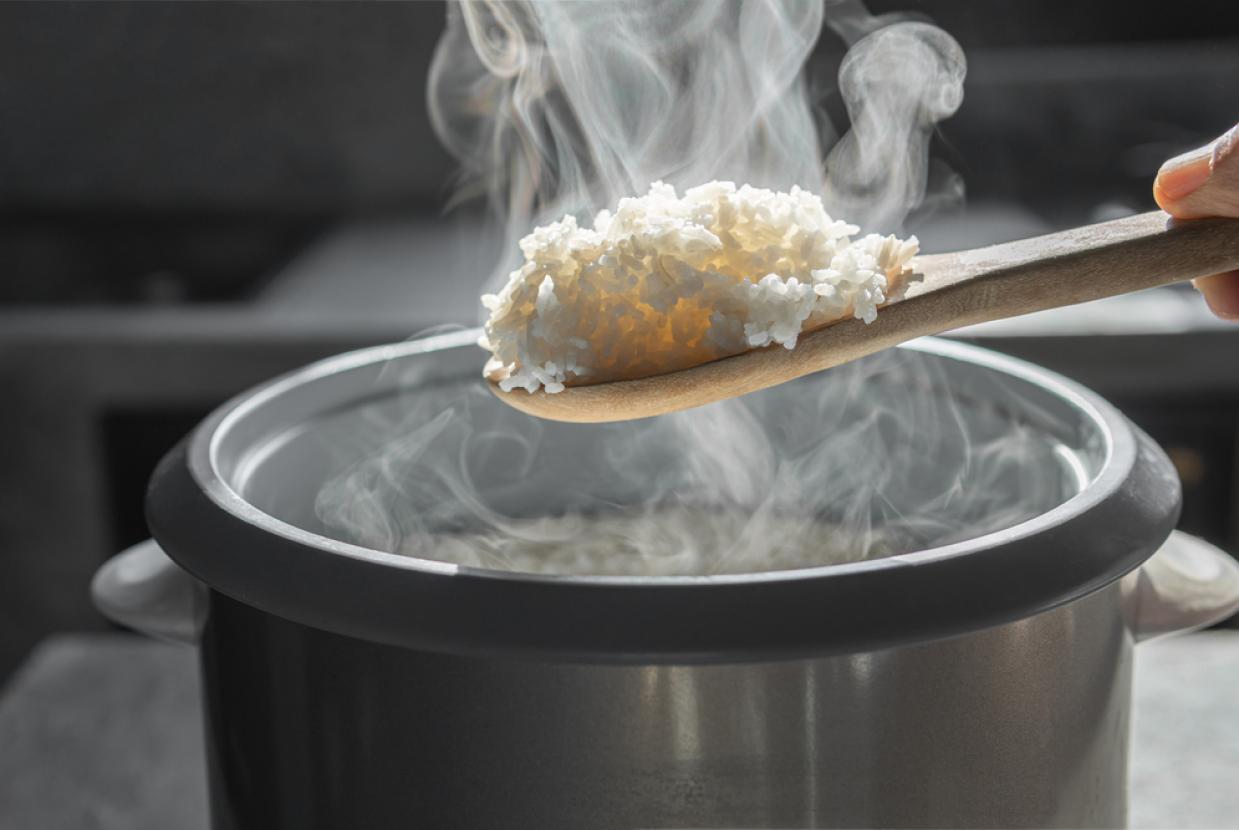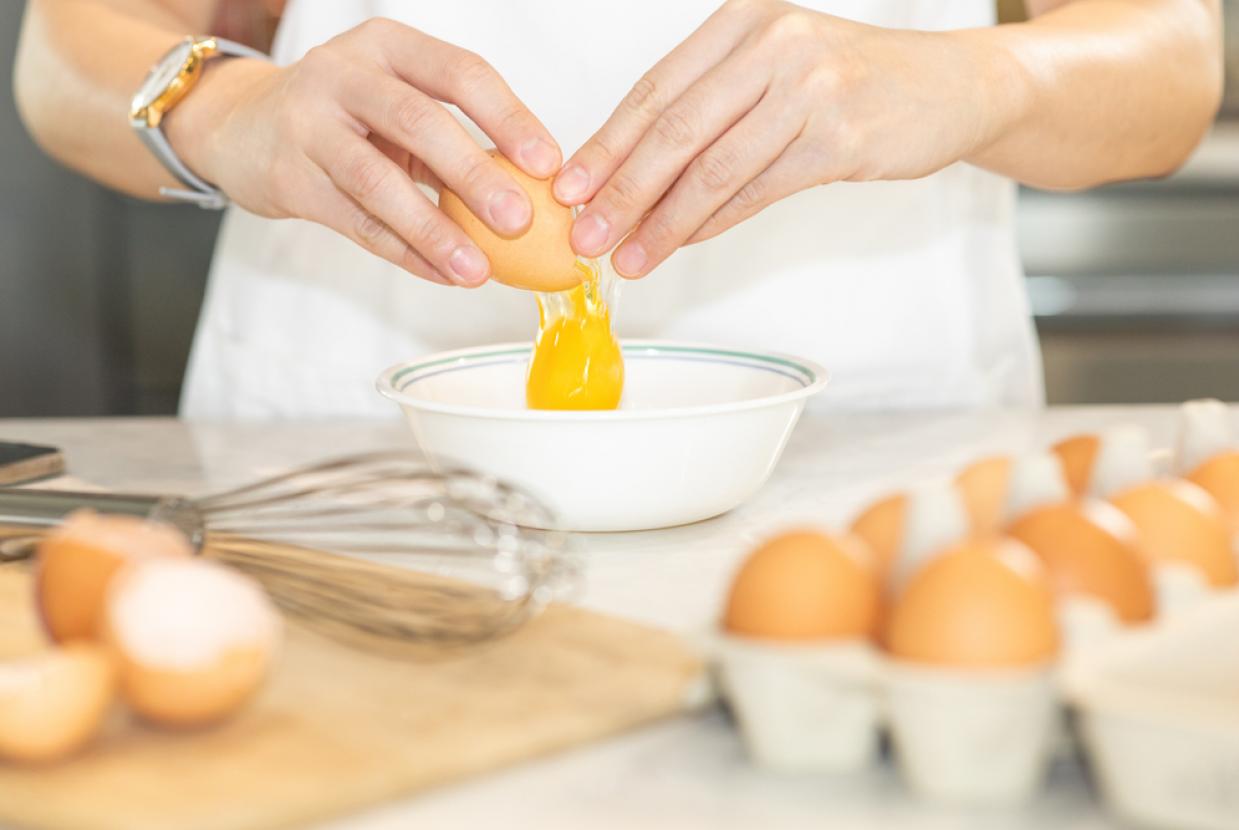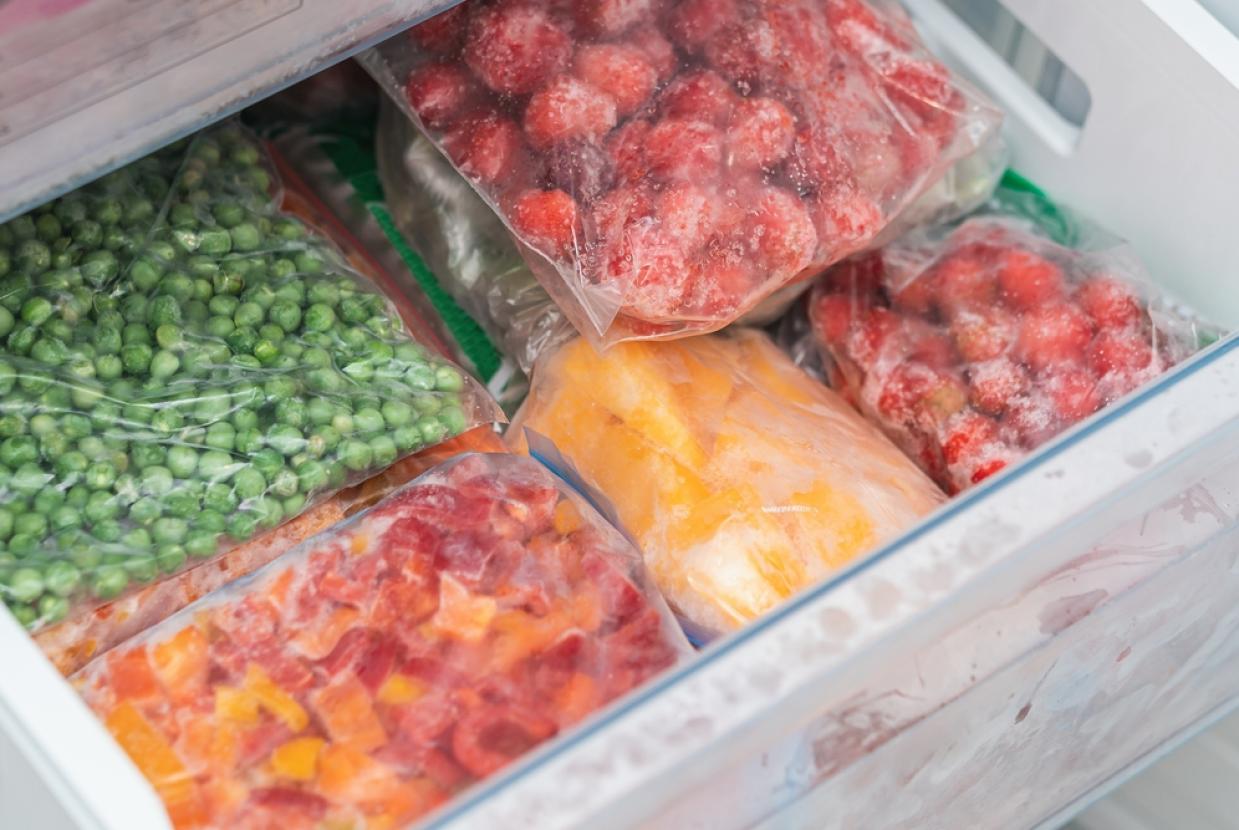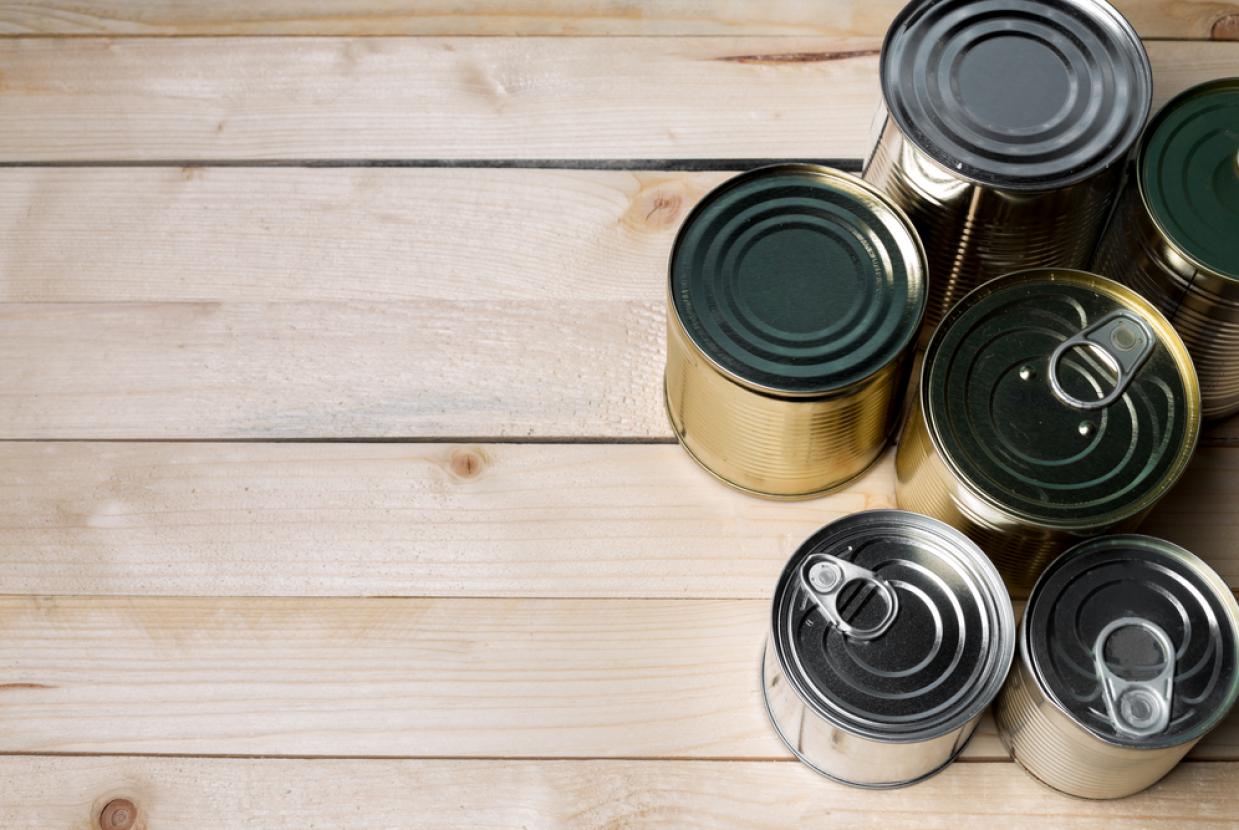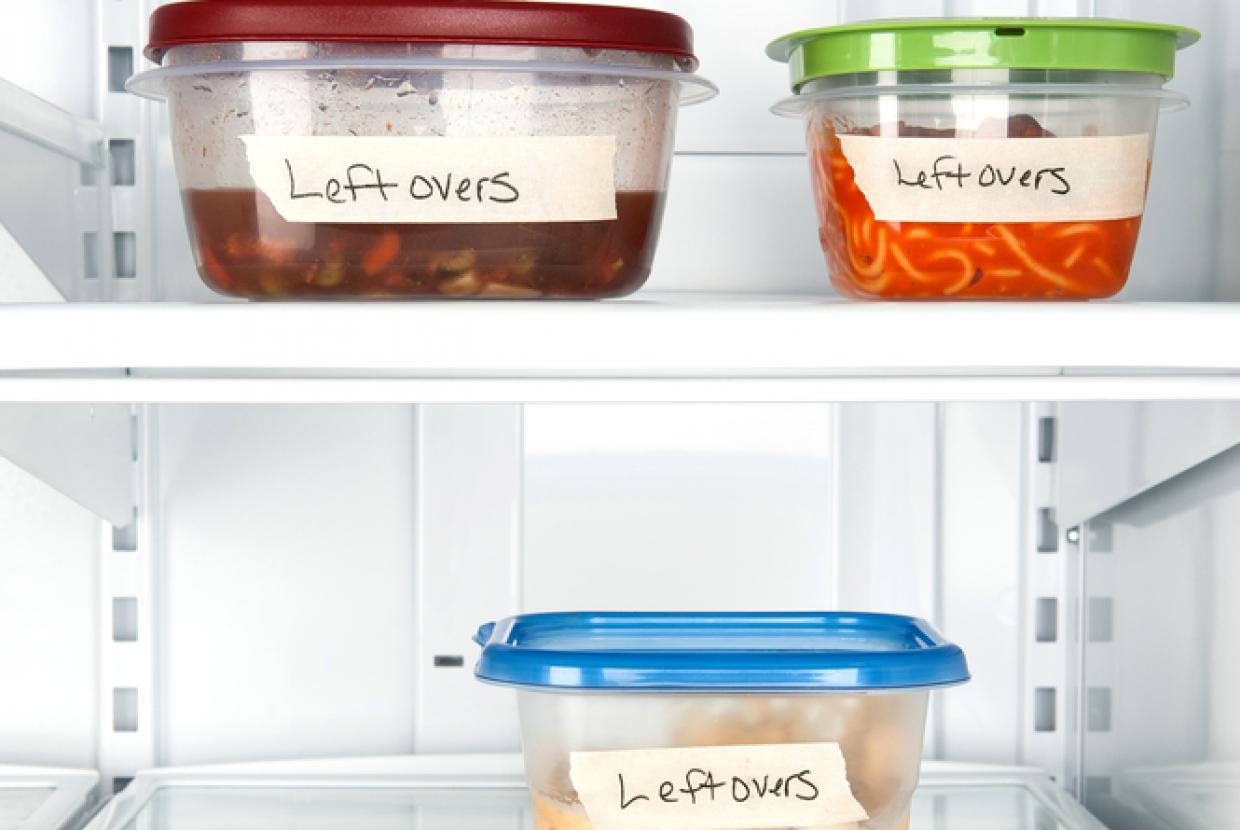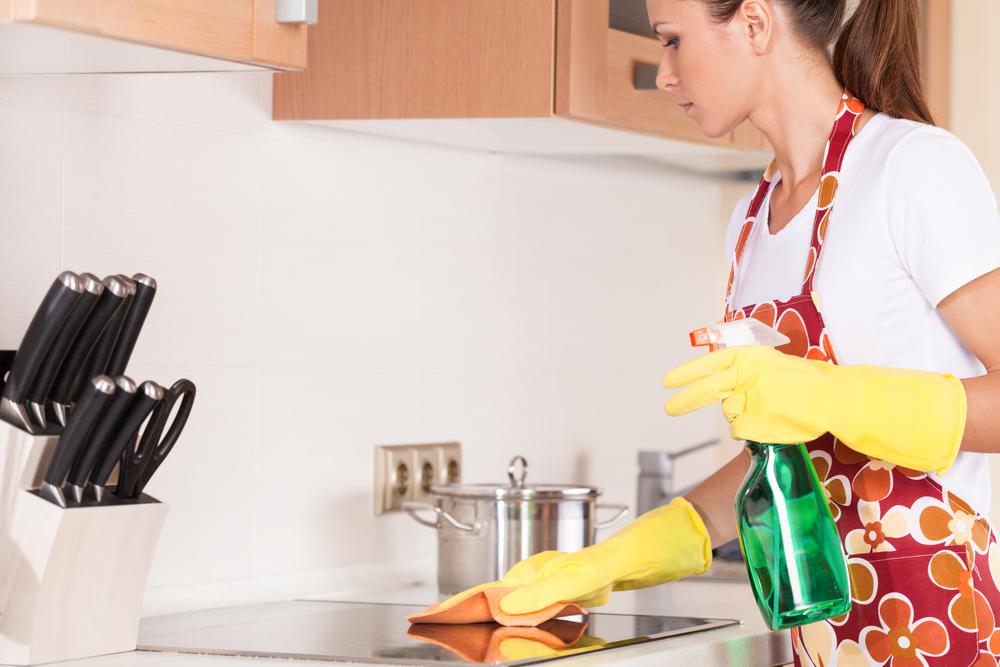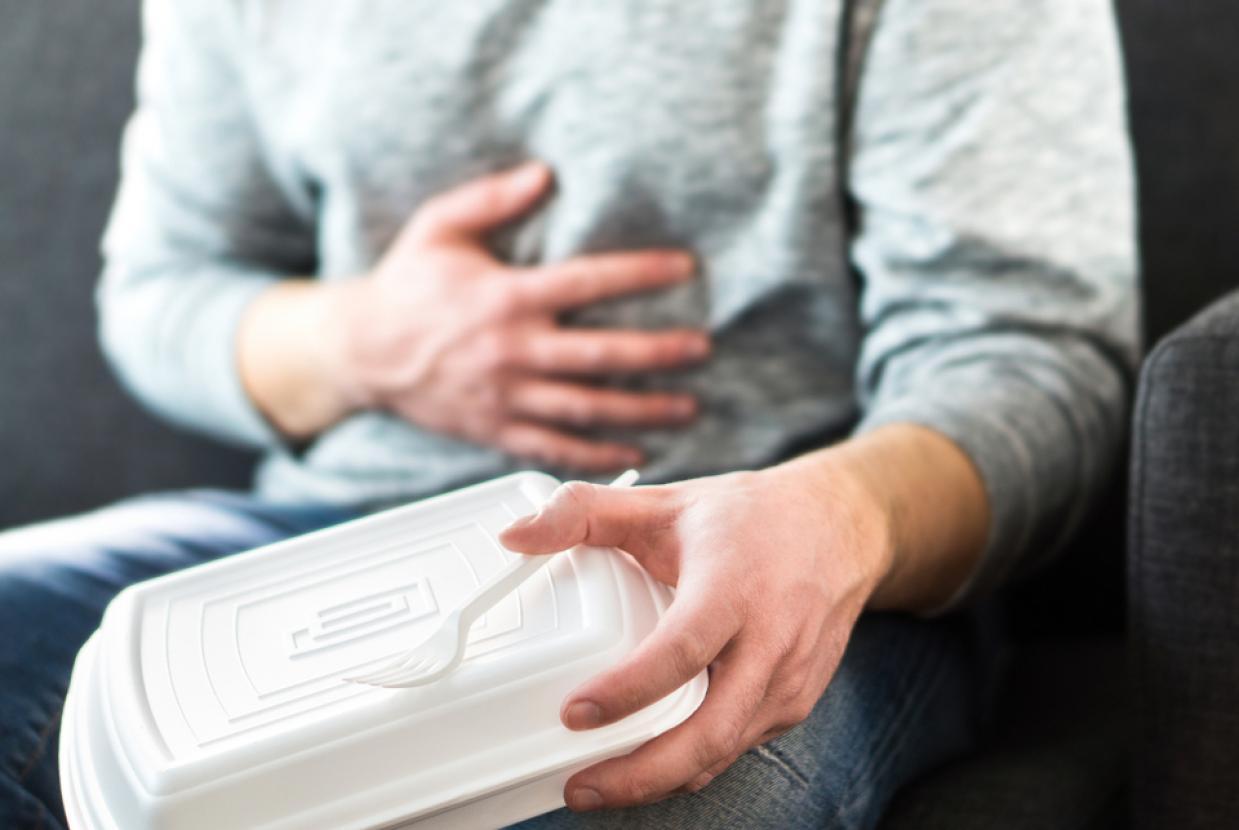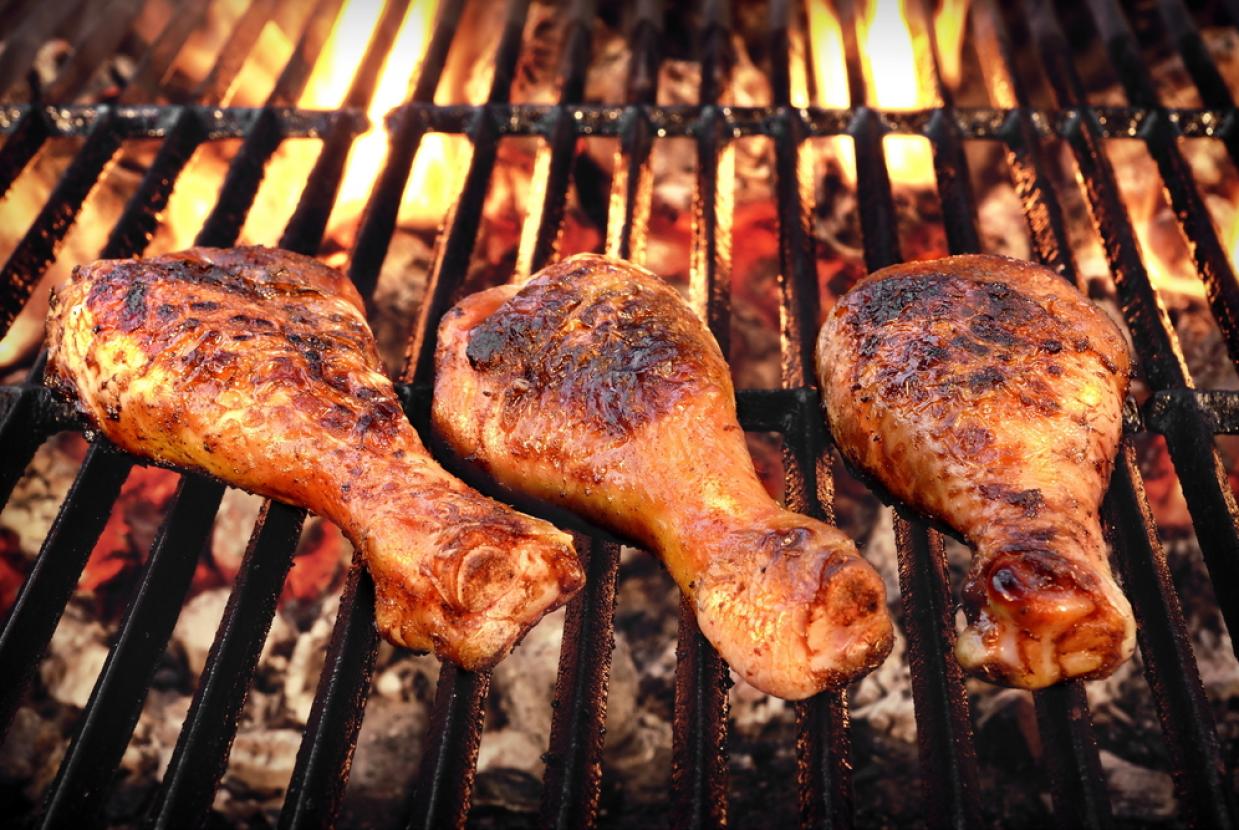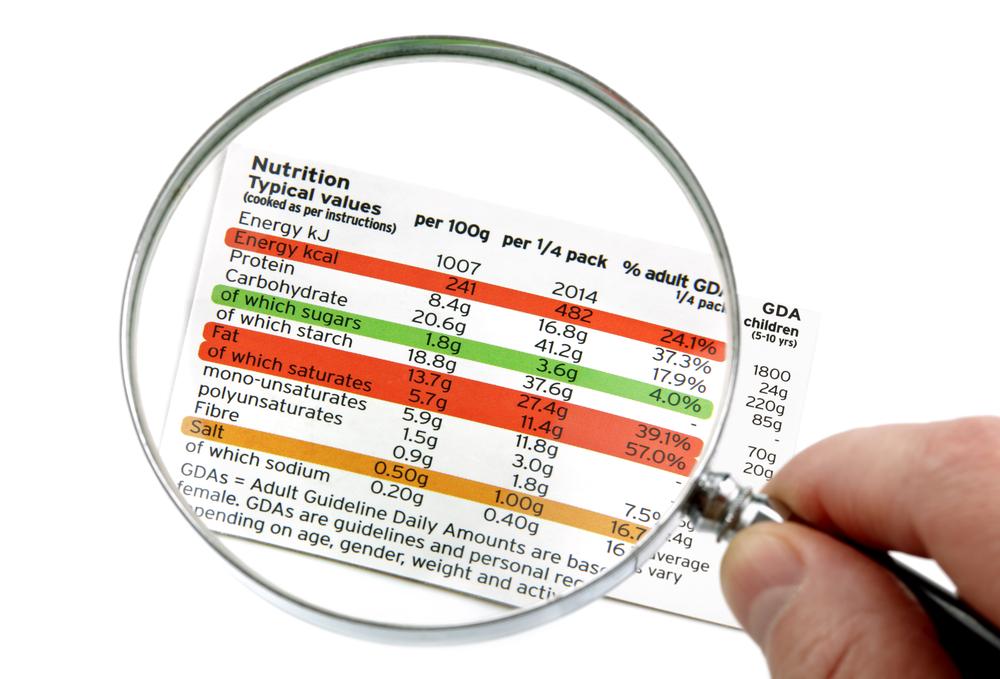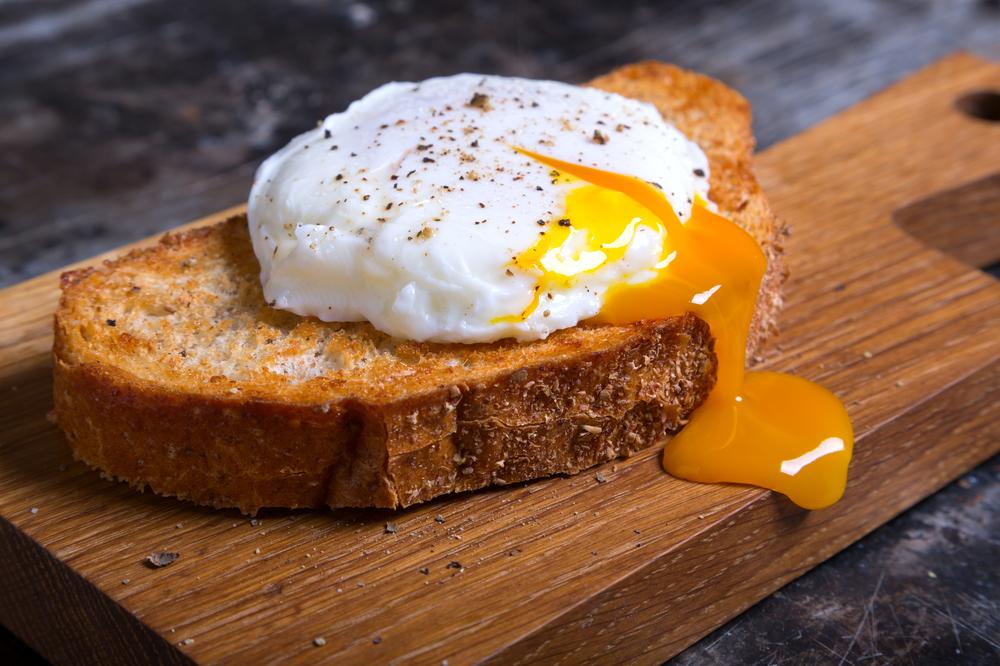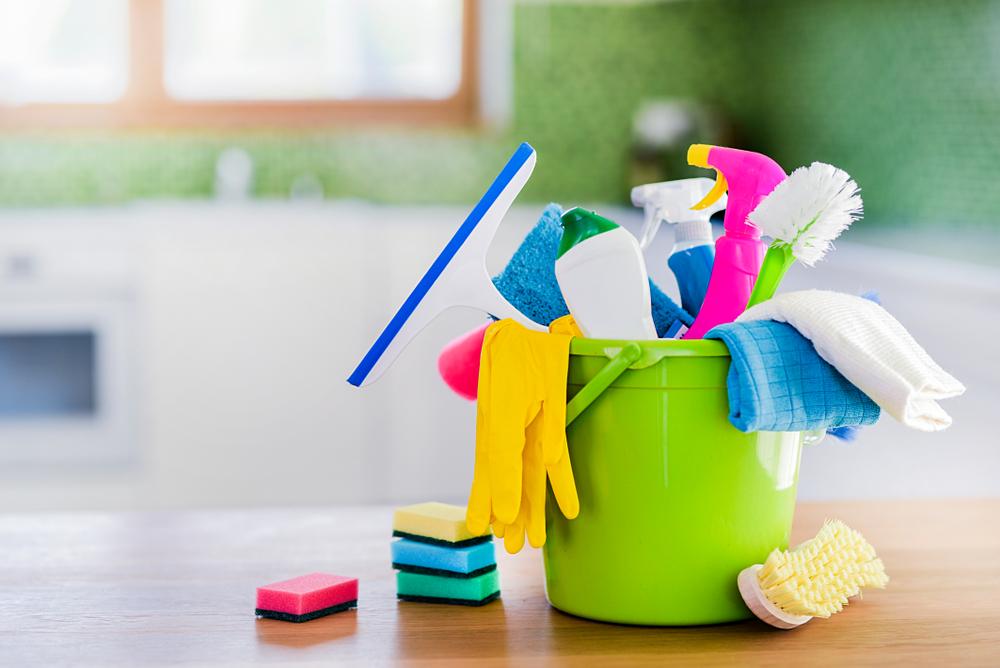10 Tips For Cooking Your First Christmas Dinner
Food SafetyHosting Christmas dinner for the first time can seem a daunting task. If you're worried about disappointing roasties, oven space and dressing your Christmas table, never fear. We have everything you need, from super-simple one-pan roasts to save space, to DIY table decorations and make-ahead dishes to save time on the big day. The most important rule is to eat what you like most – if that's a bubbling lasagne or a comforting curry, feel free to break with tradition. If you are planning on roasting your first turkey, try our tips below.
Top 10 tips for hosting your first Christmas
1. Practical planning
Before you plan your menu, consider the size of your oven and the size and amount of tins, pans and hob space you need. A large turkey is a big thing to cook, and if you don’t normally cook for a lots of people, your largest roasting tray may not be big enough, but a new very large roasting tray may not fit in your oven. You might be surprised at how much room roasts take up. Unlike the Tardis, ovens are surprisingly smaller on the inside.
2. Don't roast everything
Don’t plan on roasting everything that goes with Christmas dinner. Once you’ve got the turkey in the oven, there may not be room for much else. Your potatoes can go in while the turkey cooks or after the turkey comes out, the turkey can rest for a long time if kept warm under foil and a heavy towel to insulate it. If your potatoes are not crisp enough from cooking with the turkey, then turn the oven up to crisp them. For ways to cook veg without having to cram them in the oven, you’ll find ideas for using your microwave and stove top within the Christmas side dish recipe collection.
3. Write a time plan
You can never be too prepared when it comes to a big meal like this. Make sure you have your menu planned fully and read through all the recipes you are using thoroughly, rereading any instructions that aren’t clear. Write a list of all the ingredients you are going to need, then cross off the ones you already have. Write a prep list of all the jobs you are going to need to do to make the meal. Ticking them off the list as you do them will give you great satisfaction.
Prepare the printable Christmas time plan for the day with your roasting times and temperatures already calculated, so all the information is in one place and you don’t have to keep on flicking through cookbooks or returning to your computer screen. Use the roast timer tool to calculate the timings for any centrepiece.
4. Pre-cook and get ahead
Do as much as you can as far in advance as you can. The meal will be a lot easier broken down as little jobs over several days than a whirlwind of cooking on Christmas morning while you are also trying to enjoy yourself. Work out what you can make ahead of time.
5. Stress-free sauce
When making a large roast dinner, the stress point tends to be making last-minute gravy. To rid yourself of this, make a gravy ahead and freeze it – no-one will be any the wiser and the gravy is likely to be tastier if made with care and patience, rather than whilst trying to do three other things at the same time.
6. Try an all-in-one
Fewer dishes cooked with care and love will always win over lots of dishes cooked badly. Don’t overstretch yourself. A roast with three interesting vegetable sides can make a perfect plateful.
7. Cook the food you like
Don’t feel pressurised into cooking with new ingredients you’ve never tried and may not like just because it’s Christmas, the big day is not the time to have your meal ruined by finding out you hate chestnuts! Choose ingredients and flavour combinations you already like and pick recipes you like the sound of and can visualise eating, rather than traditional recipes you feel you should be cooking.
8. Delegate
Many hands make lighter work, so use all the help you can get. Get kids involved with some of the preparation and they’ll get a sense of pride over the meal and are more likely to try vegetables they’ve prepared themselves. As well as jobs, don’t be shy to ask any guests to bring dishes to lighten the load – Christmas puddings and cakes travel and keep well, so get someone else to make them.
9. Be flexible with your mealtime
Don’t feel you have to race to get things done on time – accidents happen in the kitchen when you’re in a hurry. Think about making the main meal time later than is traditional and serving or getting someone else to make a late morning brunch to keep everyone going. Eating later in the day buys you more time to cook happily at your own pace, rather than feeling like you’re pushed for time.
Don't keep opening the oven to check how your roast is doing, this will affect the cooking times as your oven will constantly be having to get back up to the right temperature. Also, make sure to defrost anything frozen thoroughly before cooking, otherwise the cooking times won't be accurate.
10. Cheat eats
Don’t feel that everything has to be homemade. Running up to Christmas, the media is full of the best supermarket buys. Buy in anything you’re not confident making or anything that is going to lighten the load. Buying the classic condiments and sauces will mean you can give the main offering your undivided attention.
Content sourced from BBC Good Food (bbcgoodfood.com).










